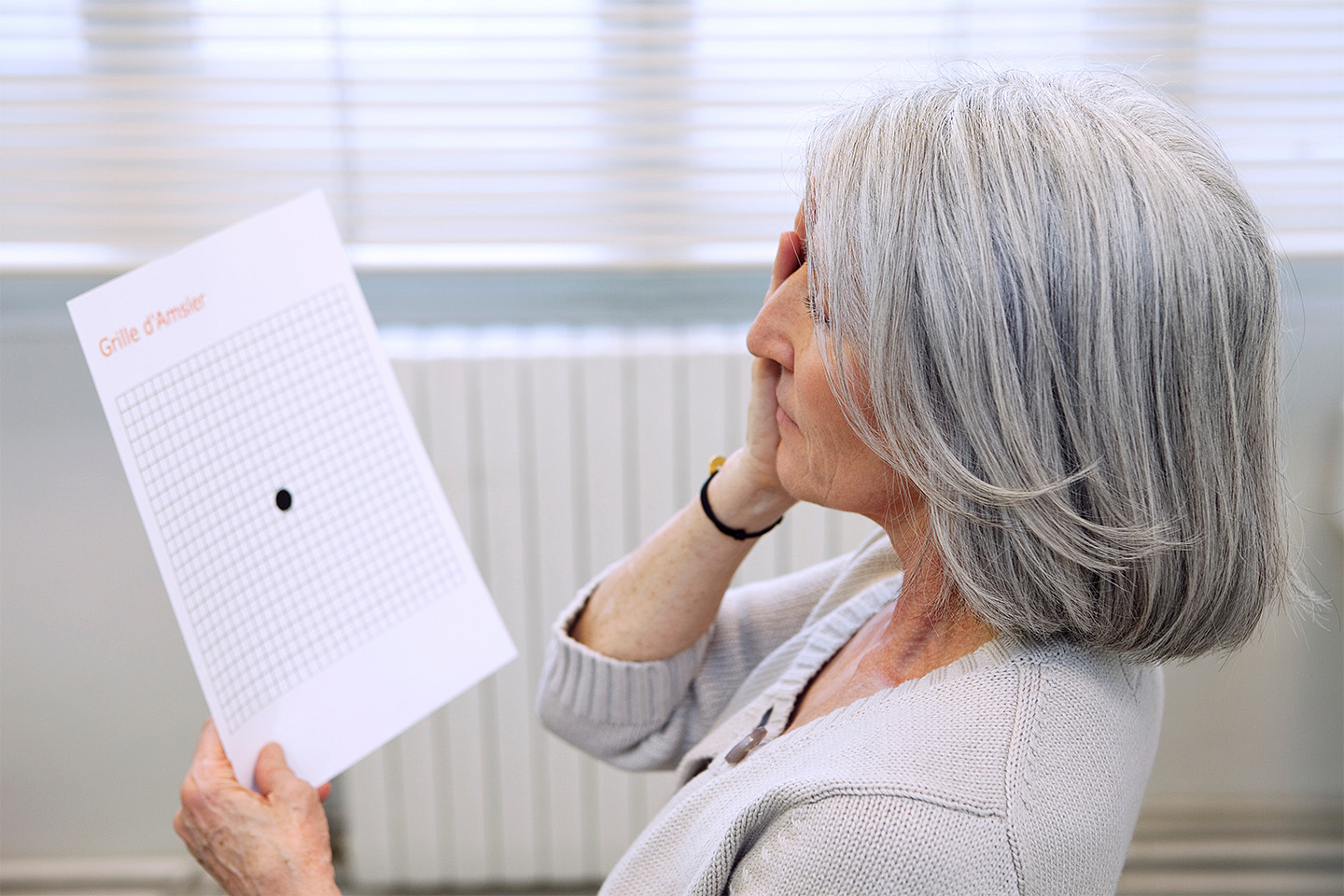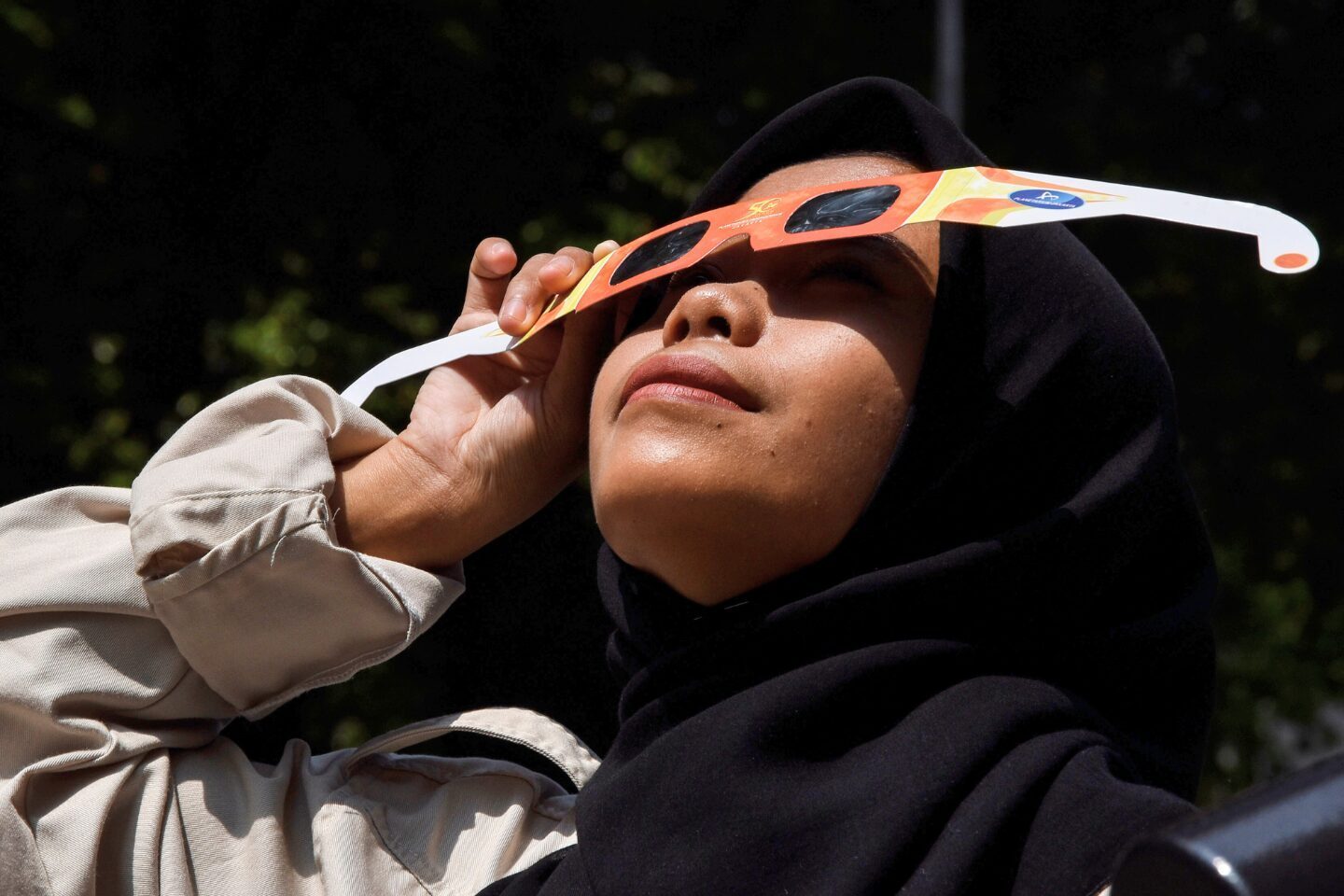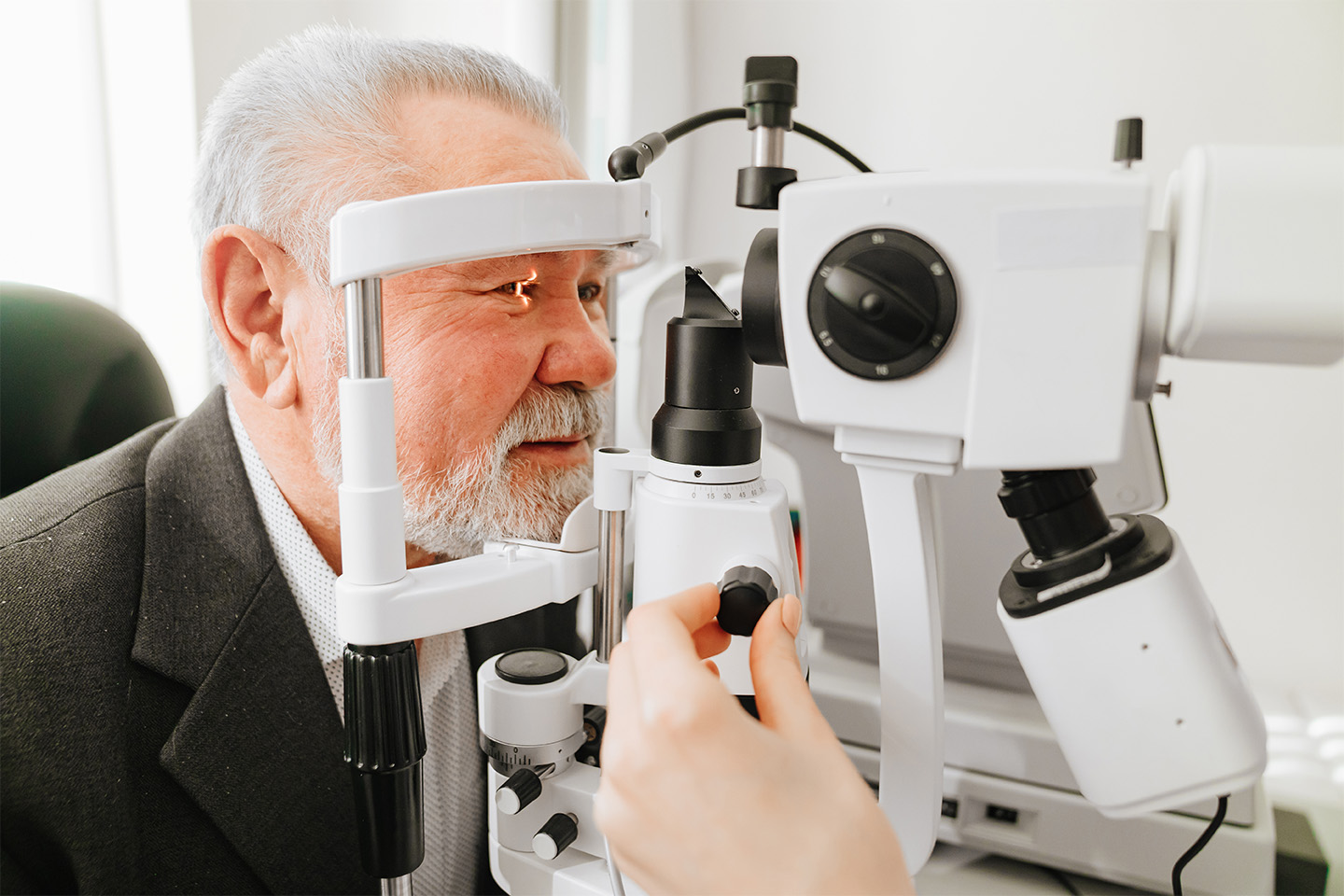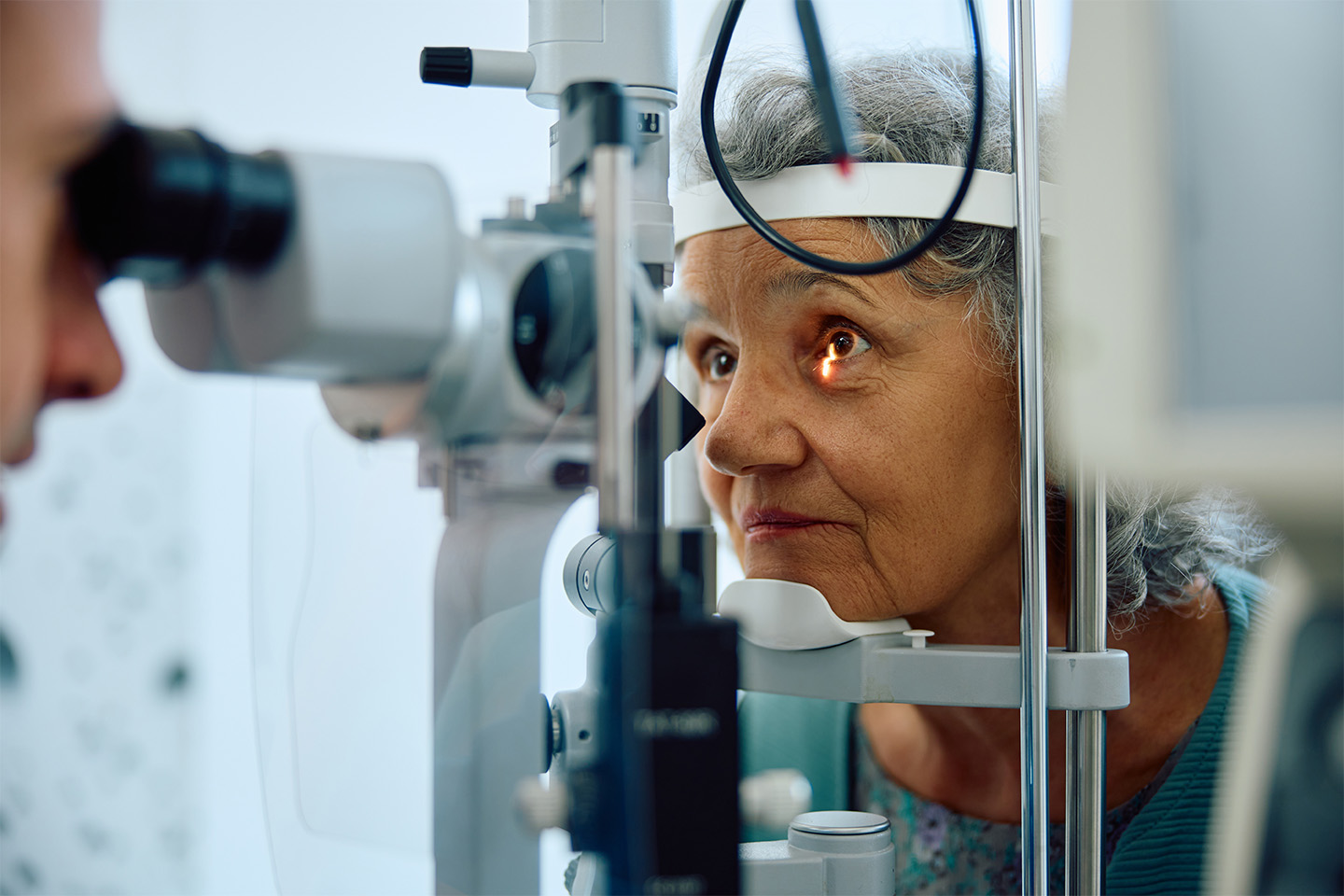How Vision Changes
It’s expected for your eyes to change as you get older, but especially after 40. In fact, 12 million people over 40 have some level of visual impairment, according to the CDC. Continue reading to learn more about age-related vision changes.
How the Aging Process Affects Your Vision
Not all eye symptoms stem from diseases, the aging process also causes normal, subtle changes to your vision:
- Trouble focusing on close-up objects — As you age, your eye lens becomes stiffer, making it hard to focus on close-up objects, also known as presbyopia. Reading glasses can help.
- Difficulty distinguishing colors — The retinal cells responsible for seeing colors become less sensitive.
- Poor vision in dim light or at night — The muscles that control the pupil weaken, which reduces your pupil size and makes the eyes less responsive in dim situations.
- Dry eyes — The eyes produce less tears as you age, but artificial tears can help.
- Loss of peripheral vision — Your visual field decreases one to three degrees every decade.
Common Eye Conditions Caused by Aging
As you age, you become more at risk for developing certain age-related eye conditions:
- Macular Degeneration — A loss of cells in the center of the retina leads to vision loss in the central line of vision.
- Diabetic Retinopathy — Damage to the blood vessels in the retina can cause vision loss.
- Glaucoma — Increased eye pressure damages the optic nerve, which transmits images to the brain.
- Cataracts — Proteins build up on the eye’s natural lens, causing clouding and vision loss.

How to Improve Your Vision
The experts in cataract and LASIK eye surgery in great Dallas can help improve your vision with a few methods:
- Glasses and contacts
- LASIK Surgery
- Photorefractory Keratectomy
- Refractive Clear Lens Exchange
Risk Factors for Eye Diseases
Several factors can reduce your eye health and make you more susceptible for major visual changes:
- Poor diet
- Smoking
- Lack of exercise
- Diabetes
- UV rays, dust, and wind
Make sure to schedule a yearly eye exam with our ophthalmologists in greater Dallas to keep an eye on your vision.










